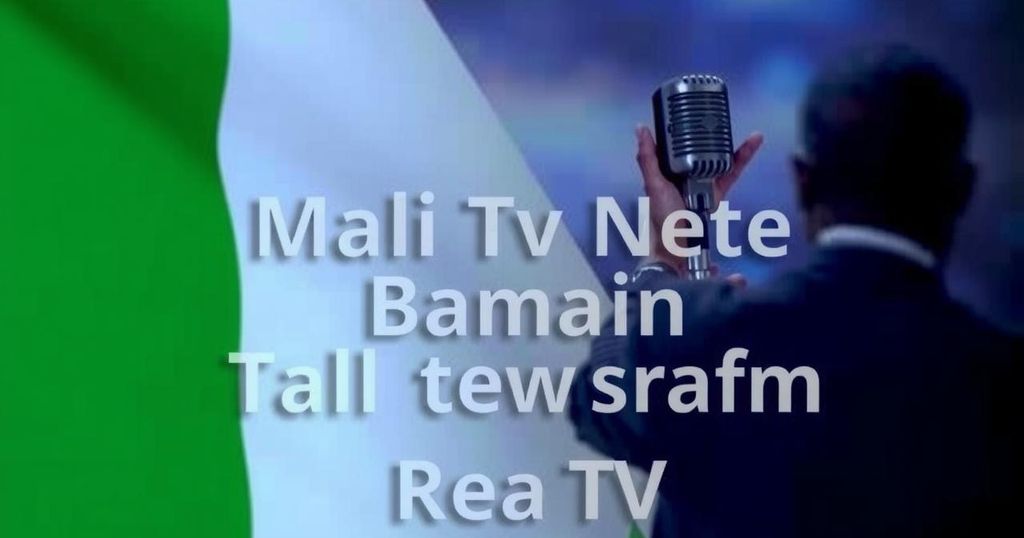Mali Junta Suspends TV Signal Over Criticism of Burkina Faso’s Military Leadership

Mali’s junta has cut the signal of Joliba TV News after airing a discussion where a politician criticized the military regime of Burkina Faso. This action is part of a broader crackdown on media and dissent since Mali’s military takeover in 2020. The situation raises concerns about press freedom and the political climate in the region.
Mali’s ruling military junta has suspended the broadcast signal of Joliba TV News following the airing of critical comments directed at the military leadership of neighboring Burkina Faso during a televised debate. This action comes after politician Issa Kaou N’Djim alleged during the broadcast that Burkina Faso’s military government had fabricated coup-related evidence. The implications of this decision highlight ongoing tensions regarding freedom of the press and political dissent in Mali, a nation currently under military rule since 2020.
Mali has experienced significant political upheaval since a series of military coups emerged in 2020, primarily fueled by citizen dissatisfaction with previous governments’ handling of security issues. The ruling junta has increasingly restricted the media and stifled political opposition, evidenced by recent crackdowns on journalists, opposition figures, and activists. Notably, the Alliance of Sahel States, comprising Mali, Niger, and Burkina Faso, was formed in 2023 amid pressing security challenges in the region, which have escalated due to rising extremist violence.
The suspension of Joliba TV’s signal represents a worrisome trend for press freedom in Mali, where government repression is on the rise. With previous instances of media restrictions and arrests of dissenters, the situation underscores the regime’s prioritization of controlling political narratives over fostering democratic discourse. As discussions regarding the potential reinstatement of the channel continue, the implications for civil liberties and press independence remain pivotal in the broader context of Mali’s political landscape.
Original Source: abcnews.go.com







